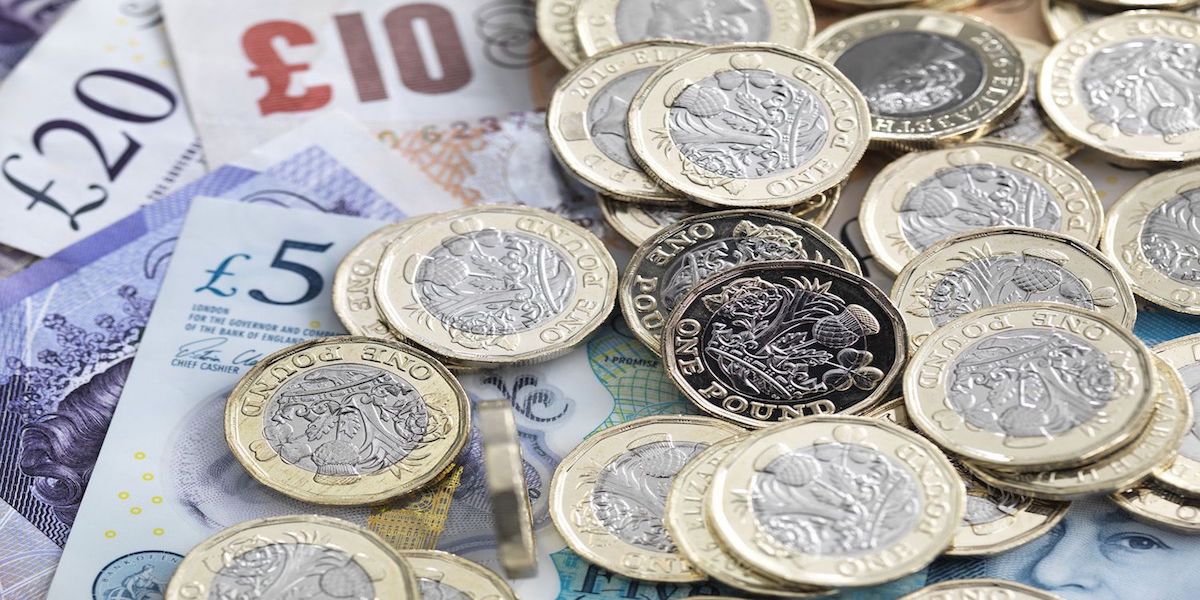Valuing Your Business
Figuring out a realistic price for your business should be your first step. Buyers are rarely sentimental, so it’s important to understand their motivations and what advantages buying your business can and can’t bring to them.
To come up with the right figure, you need to know how businesses are valued, the multipliers that are often used within your industry, and have a strong understanding of past and present performance, as well as future potential, and how that affects valuation too.
What affects business valuation?
Some parts of a business can be more easily valued than others. Tangible assets are much easier than the intangible ones, for examples.
Tangible assets would be things like stock, equipment, premises and land, whereas things like the business’s reputation and the business’s trademarks would be considered intangible.
It’s the intangibles that need to be presented properly to demonstrate their full value in order to get the best outcome on a sale.
Your ideal number and your walk-away number
It’s important, before going through the process of selling your business, that you have a very clear idea (based on solid reasoning, of course) of the ideal number that you’d sell your business for, and the number that would make you walk away from a deal.
What you’re aiming for is to land somewhere in between - a number that both you and your buyer are happy with. Knowing these numbers, and the reasons behind deciding on them, before going into the negotiations will help you.
Put together a strong argument for your valuation and be prepared to answer questions about why you think your business is worth what you think it is. Your business broker should be able to help you with this. Using evidence of performance, assets and discussing the potential of the business moving forward will help you here.
Valuation expectations always need to be based on what the business is likely to be worth. They should not be based on personal financial needs or a vanity figure. For many business owers, the purpose of an exit sale is to enable the next phase of their life; failing to sell will postpone your plans indefinitely.
Chris Symonds, Managing Partner at Coronation Wealth Management which is a Partner Practice of St. James’s Place gives a few tips on how to assess what you need from a deal.
"One of the top questions that we get asked is “Can I afford to retire?”. For many business owners their business is their means of retirement which makes it even more important to seek advice and have a plan for retirement and exit from their business.
The business owner should speak to both their business advisers and financial advisors to plan their exit strategy which can help to ensure that they maximise their business value at the point of sale and also help to ensure that the value is enough for their requirements.
Cashflow forecasting can really help to get a grasp of a business owner's current financial position and then project forward to establish their future financial position based on certain financial assumptions.
It will give the business owner peace of mind to know that the exit value is enough based on their personal circumstances and that their money is not likely to run out in their lifetime."
Getting a higher multiplier
A number of things will help you increase the multiplier that leads to your business valuation.
For example, a business that isn’t dependent on its owner will be more valuable than one that is. If bespoke software or hardware has been developed that the competition does not have, that will also lead to a higher multiplier.
Higher multiples could be obtained through bringing new product ranges to market, creating new distribution channels that bring new clients to the business and if the business can prove that it is scalable and could be rolled out nationally or globally.
This article originally appeared as part of the Ultimate Guide on www.Converge.today in August 2020. Other articles from the guide can be found via the links below:

